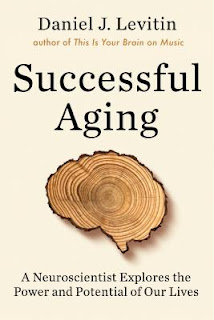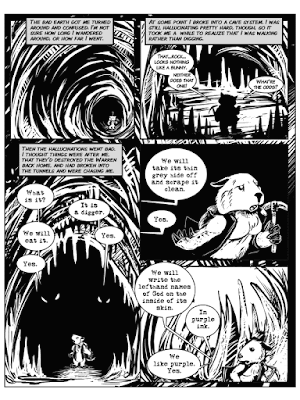Well, this list keeps getting longer, so I think I'd better just post it! I've added a quote for each from one of my reviews, if I had one, or sometimes a quote from a book. Listed in the order I thought of them, whatever that tells you!
Who would you add?
Sophie Hatter, from Diana Wynne Jones' Howl's Moving Castle: One of my all-time-favourite characters, literary girl-crushes, people-whose-head-I-want-to-spend-time-in. I related (and still do relate) so much to her: I'm an oldest child; nothing exciting was ever going to happen to me; I was the responsible one who wanted her sisters to go out and find their dreams. But when Sophie starts talking to hats you can see DWJ's brilliance at creating characters: maybe she's quiet and responsible, but Sophie is also observant and imaginative and funny, and she has power she knows nothing about.
Tiffany Aching, from Terry Pratchett's series: she sees a monster in the creek so she goes and gets a frying pan, sets her younger brother out as bait, and whacks the monster on the head with a clang. Tiffany thinks, and she cares, and she pays attention to detail. She loves words like susurrus.
Cordelia, from Lois McMaster Bujold's Vorkosigan series: the most morally centered, compassionate, fierce, suffers-no-fools, brilliant and courageous mother in all of fiction, I think. The scene with the shopping bag in Barrayar is one of the best scenes ever written.
Cassandra, from Andrea Höst's Touchstone series: Normal, practical, stoic but not immune to panic and despair, with a great self-deprecating sense of humour—it's the way she deals with everything the plot and setting throws at her that riveted me to the page.
Irene, from Genevieve Cogman's Invisible Library series: She's competent, firm, thinks on her feet, rises to the occasion, but she's also still a junior Librarian who doesn't have all the information or experience she needs. She has moments of panic, doubt and sheer frustration and it's lovely to watch her deal with them.
Rowan, The Steerswoman, from the series by Rosemary Kirstein: I love the way Rowan thinks, and I love watching her figure things out!
Jane Eyre: These words resonated in my 13-year-old brain and still do.
Who in the world cares for you? or who will be injured by what you do?"
Still indomitable was the reply — "I care for myself. The more solitary, the more friendless, the more unsustained I am, the more I will respect myself.
Elisabeth Bennett, from Pride and Prejudice, because, of course.
The Grand Sophy: Irrepressible, bubbling with mirth, rescuer of dogs and ducklings and people in unsuitable matches. Almost all of Georgette Heyer's heroines are delightful, but she's probably my favourite.
Rachel Hartman's Tess of the Road: Stubborn, angry, alcoholic, she's in so much pain and she is trying. so. hard. Tess is a mess but she's a compelling, hilarious narrator. Your heart breaks for her, but she could care less what you think!
Gunnery Sergeant Torin Kerr, from Tanya Huff's Confederation and Peacekeeper series: she is everything I am not: decisive, courageous, strong-willed, really good at getting people to do what she wants them to do. She Gets her People Out Alive.
Yael from Ryan Graudin's Wolf By Wolf: Fierce, broken, bitter, hopeful, with a will of iron and nerves of steel.
Neverfell from Francis Hardinge's A Face Like Glass: She has such a good heart, and she lives in a terribly dangerous world, and it's heartbreaking and thrilling to watch the world be transformed by her naive, stubborn goodness. Also Triss from Cuckoo Song.
Going back a bit:
Alanna, by Tamora Pierce
Harry from Robin McKinley's The Blue Sword; Sunshine from Sunshine
Both Susan and Titty from Arthur Ransom's Swallows and Amazons series: Susan because she was the oldest, like me, and had to be responsible; Titty because I thought I was more adventurous like her.
Oh, one more:
Lucy from Neil Gaiman's The Wolves in the Walls: observant, clever, and knows she's right even when no one believes her. From possibly the best plotted book ever written (it's a picture book).
And how could I have forgotten The Paper Bag Princess!
Things I like in my heroines: stubborn strength, compassion, knowing themselves and what they want, thoughtfulness, competence, humour.
Who have I missed whose books I must immediately read?









































